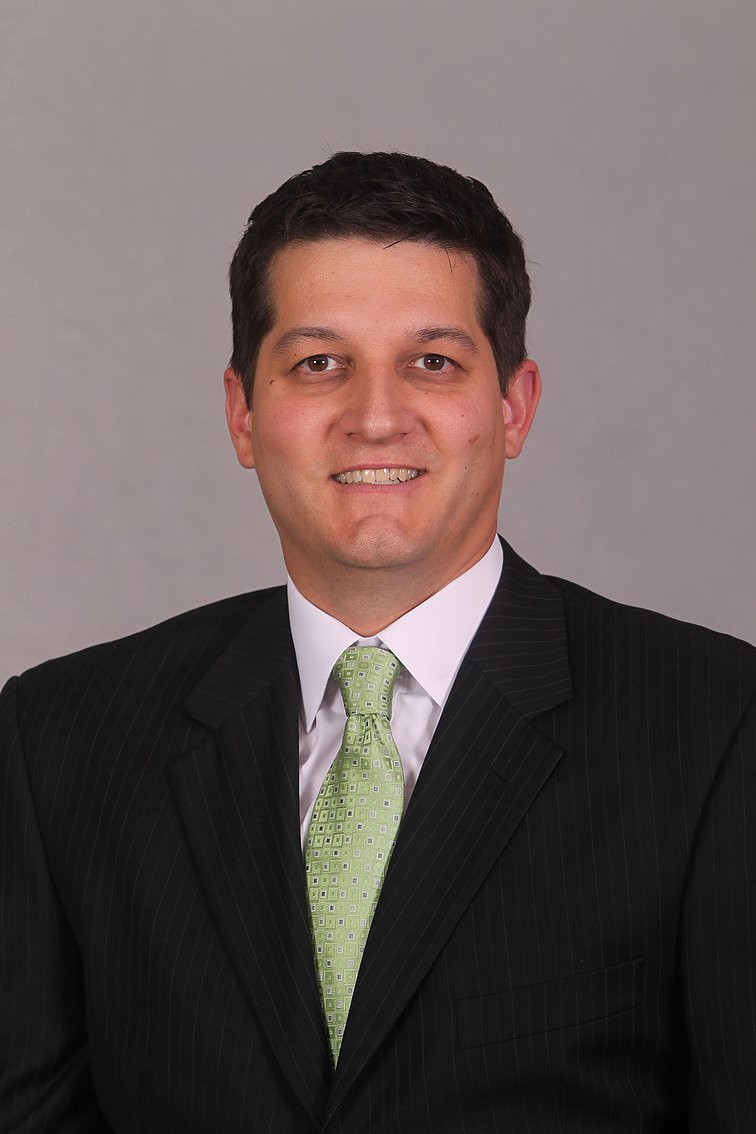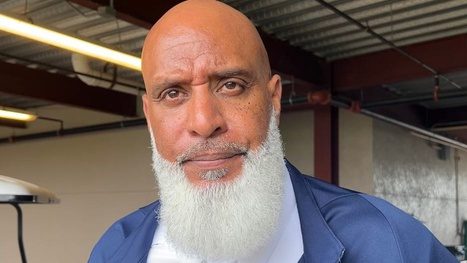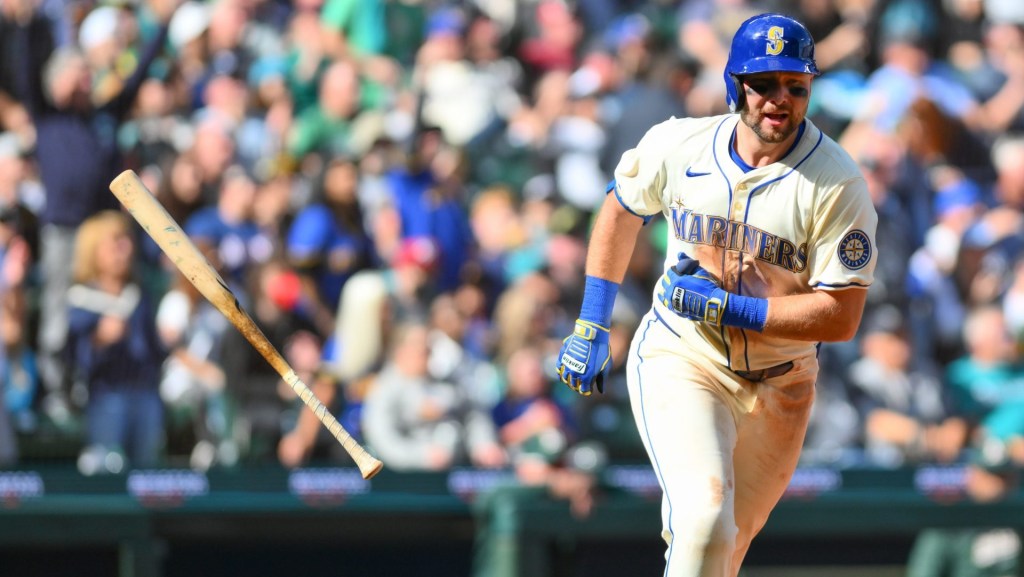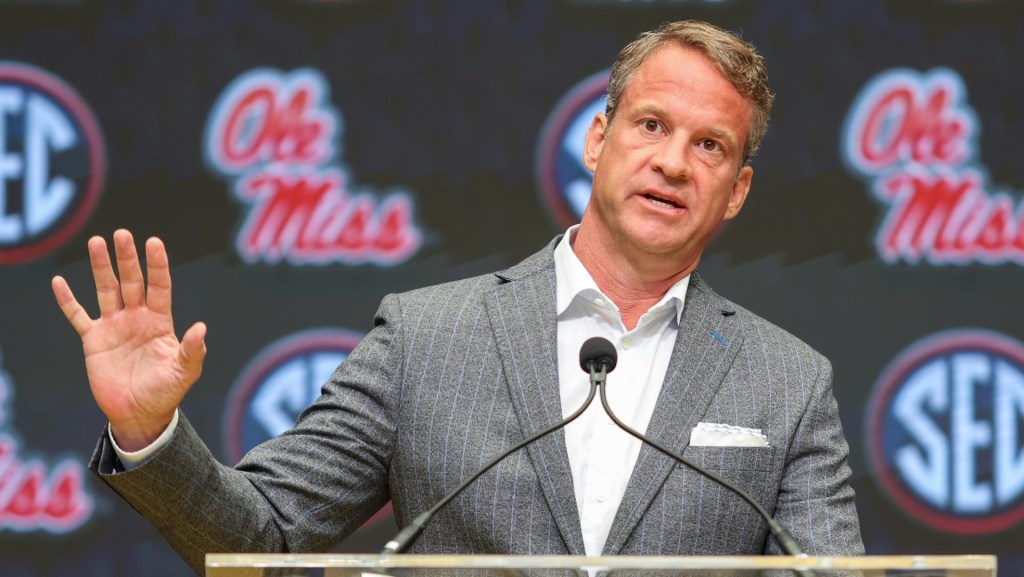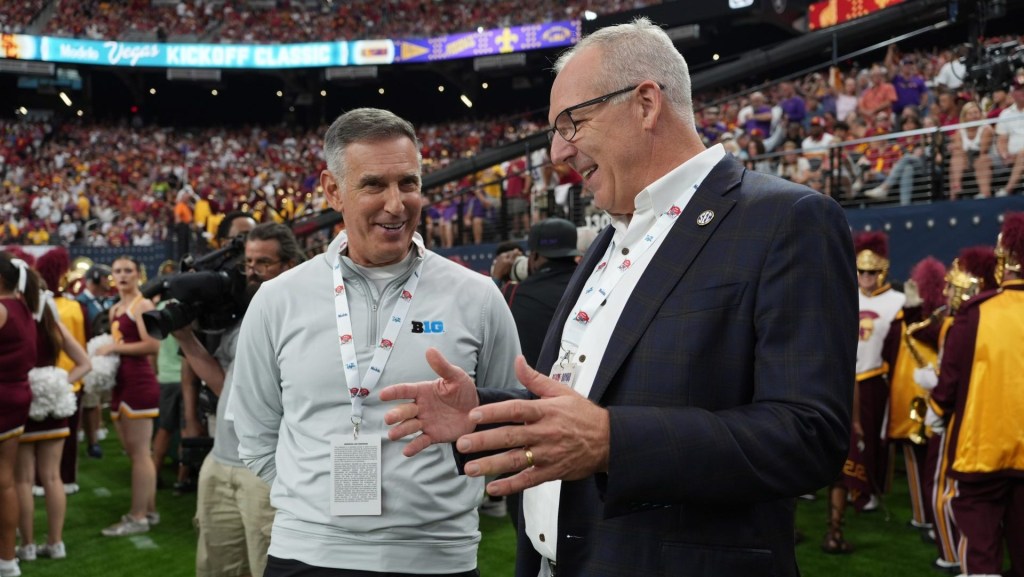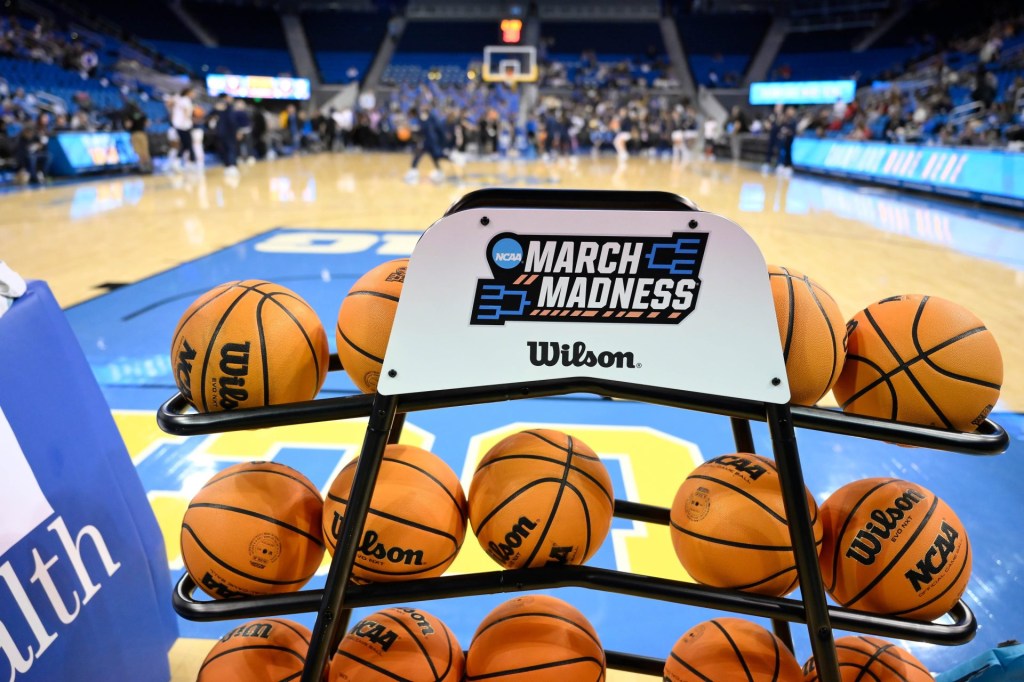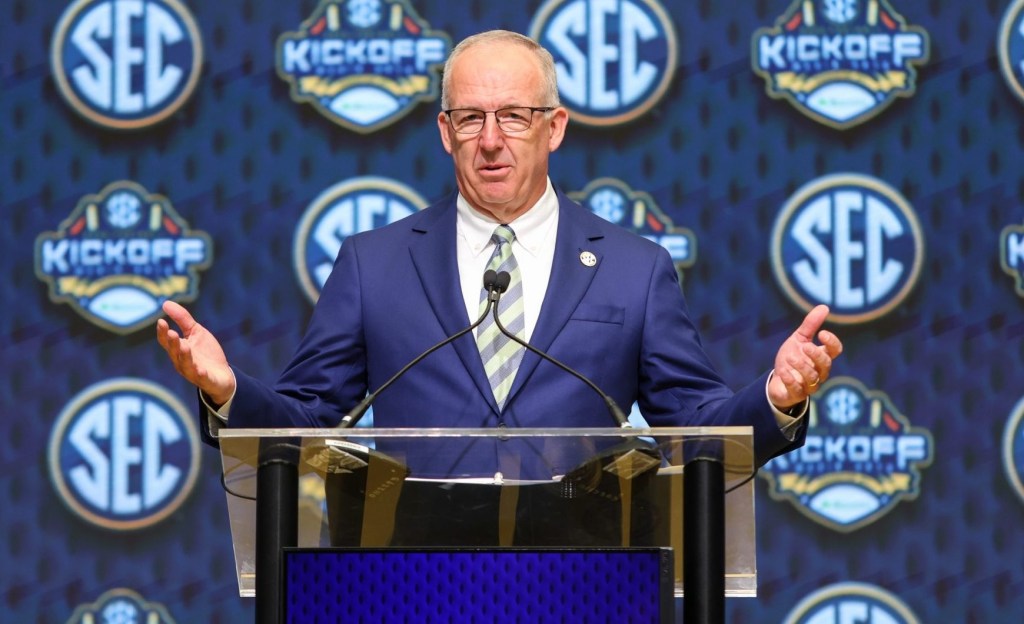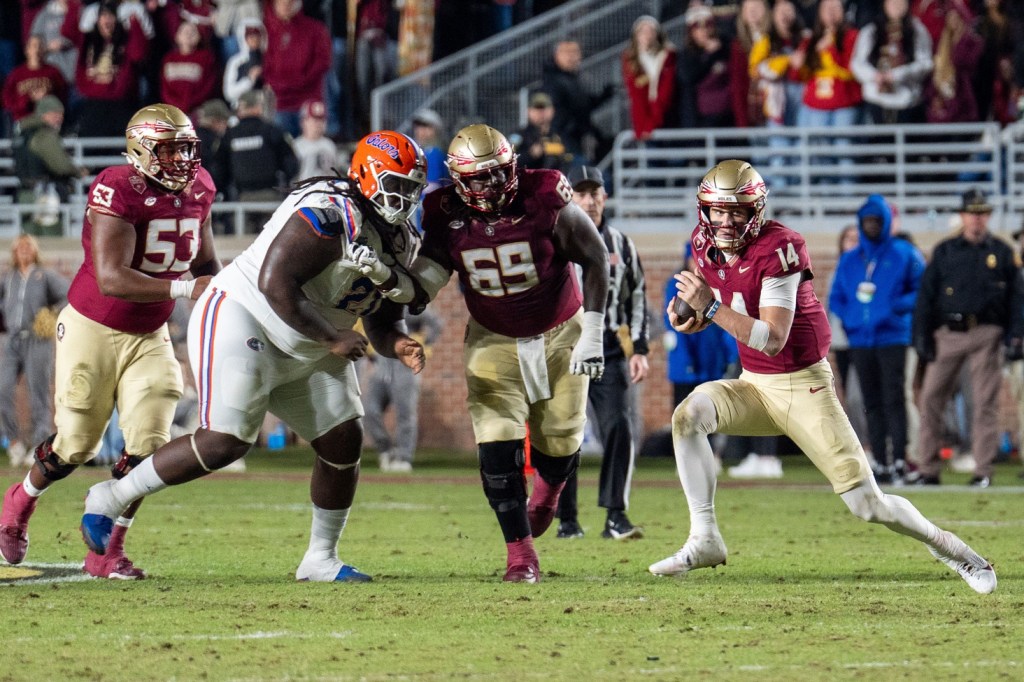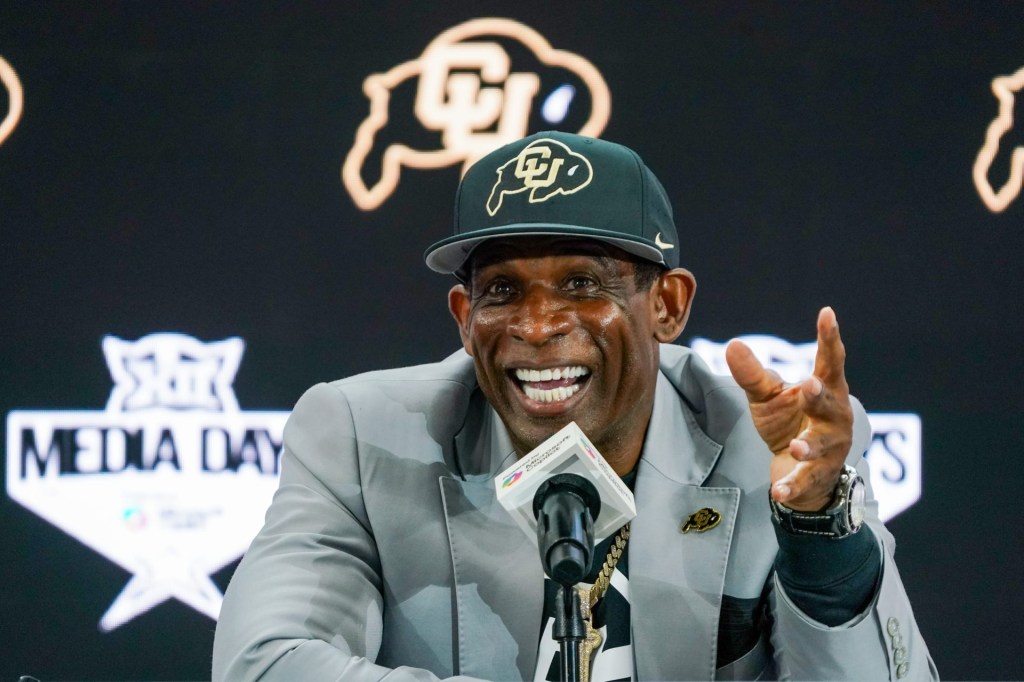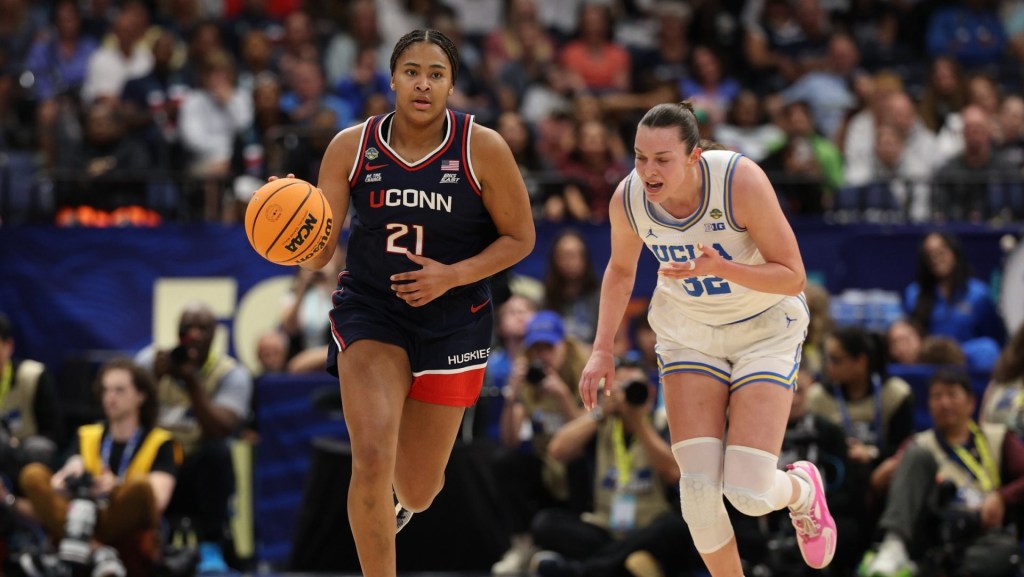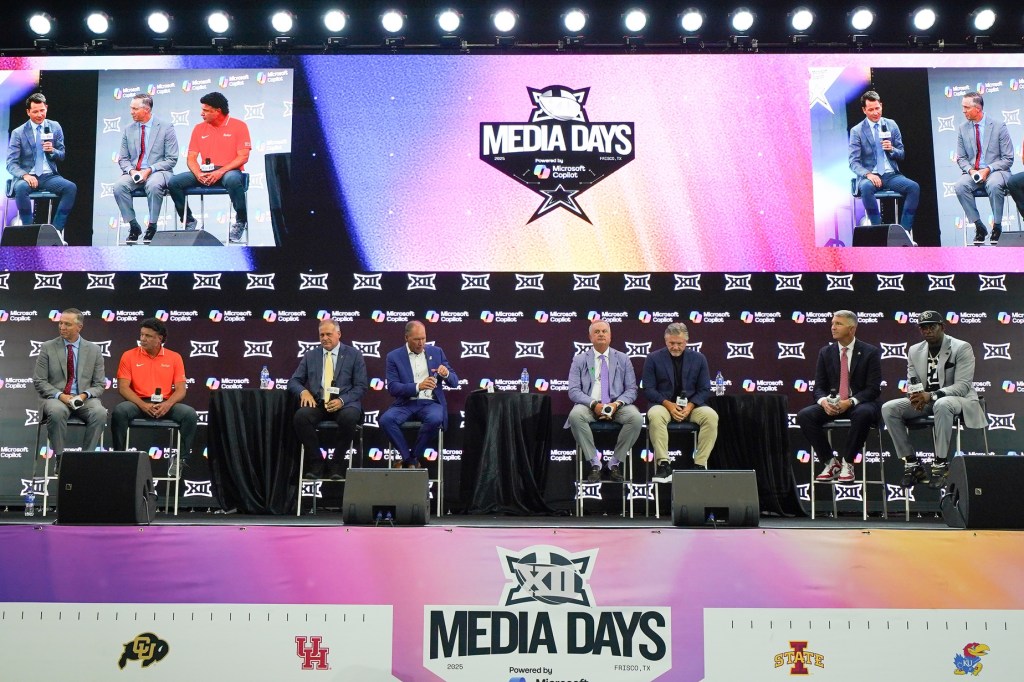By: Adam White, @FOSAdam

Front Office Sports is proud to have sat down with Craig Pintens, Senior Associate Athletic Director of Marketing & Public Relations at the University of Oregon. A sports industry professional for now 14 years, Craig has held numerous marketing positions within college athletics. Hailed by his colleagues as someone who, “approaches his job in a very professional manner and stays on top of trends and updates in his field” Craig is no stranger to success in the sports business industry. Like many, Craig started his journey at an internship and has risen through the ranks of college athletics since then. He was gracious enough to offer up his time and insight into the world of marketing, his top three tips for success in this industry as well as why missed opportunities can hurt students in the long run.
You’ve been in sports for about 14 years now, what has that journey been like for you?
It has been a lot of fun. I wouldn’t trade it for anything. I’ve been having so much fun my entire career it hasn’t even seemed like 14 years. We have a lot of great things going on at Oregon right now and I can’t wait to see what the next years bring.
You went to law school and received your JD. How has that knowledge helped you in the sports industry? What is the value of having a law degree in this industry?
When I went to law school I wanted to be a sports agent, but as I was finishing up I realized I wanted to work in college athletics and I applied to quite a few compliance positions. I thought it would be a natural fit for me coming out of law school, but I quickly realized that although a law degree would help, there was so much more you need to learn in compliance through experience.
The law degree on a daily basis has truly helped me learn how to trouble shoot and see a problem from all angles. It really has sharpened my problem solving skills and helped me find better ways to enhance the University of Oregon’s brand through being able to look at the big picture and find alternative solutions.
Law school teaches you to be comprehensive. Being comprehensive is such a critical skill to have when working in college athletics.
What drew you to marketing and what has been your biggest challenge thus far?
My undergrad degree was in marketing and I found it to be a natural fit for my personality. The great thing about marketing is that it touches all aspects of the college athletics department and that is what really drew me to it.
After college, my two natural entry points were in my mind either in compliance or ticket sales because of the law background and my experience in ticket sales. By happenstance, a marketing internship came open at Marquette because someone had quit and they gave me a call and I took the position.
Marketing is seen as one of the most appealing jobs in sports for students. If a student really wants to work in marketing what steps should they take?
You have to get experience. It doesn’t have to be flashy; you just need to get experience somewhere.
You have to be knowledgeable about the industry. Nowadays, it is so easy to do so with the different publications, people on Twitter to follow and all the other resources that are available.
Above all, you have to do the best you can in whatever position you are in. It may seem obvious and simple, but you have to focus in the now and in the position that you are in. I lifeguarded in college and didn’t have any sports experience until after I graduated, but when I was lifeguarding, I wanted to be the best lifeguard and swim instructor. When you are the best at what you do, those recommendations from the people who are your supervisors will matter. You never know who people know and what opportunities can arise.
Biggest mistake you see students making and easiest way to correct that?
I think too often students don’t realize the amount of work and hustle goes into getting your first job.
In this day and age, there are so many opportunities to create your own personal brand and own personal niche. Using social media and with how easy it is to create websites, you can create your own personal brand and become an authority in an area of sports.
There really aren’t mistakes, there are missed opportunities.
Top 3 tips for students looking to break into sports?
1. Do well in whatever endeavor you’re engaging in.
2. Be willing to take a risk or opportunity to get your foot in the door. Seek out where there are opportunities. If you can be flexible and be willing to go anywhere, good things will happen.
3. Never take a job for money or title, take it for the opportunity.
What was your first job in sports like?
I started out by answering phones for the Brewers in the summer of ’98. It was especially fun, because at that time there was the home run chase between McGwire and Sosa and the Brewers played both teams late in the season.
Everyone was calling us to get bleacher seats so they could try and possibly catch the record-breaking home run. Not only were fans buying tickets, but so were employees. I thought I had picked out the perfect seat for one of the games when the Cardinals where in town and McGwire proceeded to hit the ball 20 rows further than I had predicted.
In that position, I was given a few words of advice that resonated with me. One of those were that, “Because you are answering the phones, that may be the only contact a person has with the Brewers and while they don’t know that your office isn’t right next to the manager or owner, they think that it is and because of that you need to ensure that you represent the team well.
It was a lot of hours, but it was a lot of fun. There aren’t many places where once you are done, you get to go out and watch a baseball game.
Parting wisdom?
Always take qualities you find in people you work with, both good and bad and see how they apply to you. Implementing the good qualities and get rid of the bad ones to make you better.
Sports is 70% of who you know, 20% of who knows you and 10% of what you know. I think that is misinterpreted as having to develop a lot of contacts, but you have to do your best, because when you do that it will help the 70% and 20%.
We would like to thank Craig for his time and insight and we wish him the best in his future endeavors!
You can follow him on Twitter here or connect with him on LinkedIn here!
